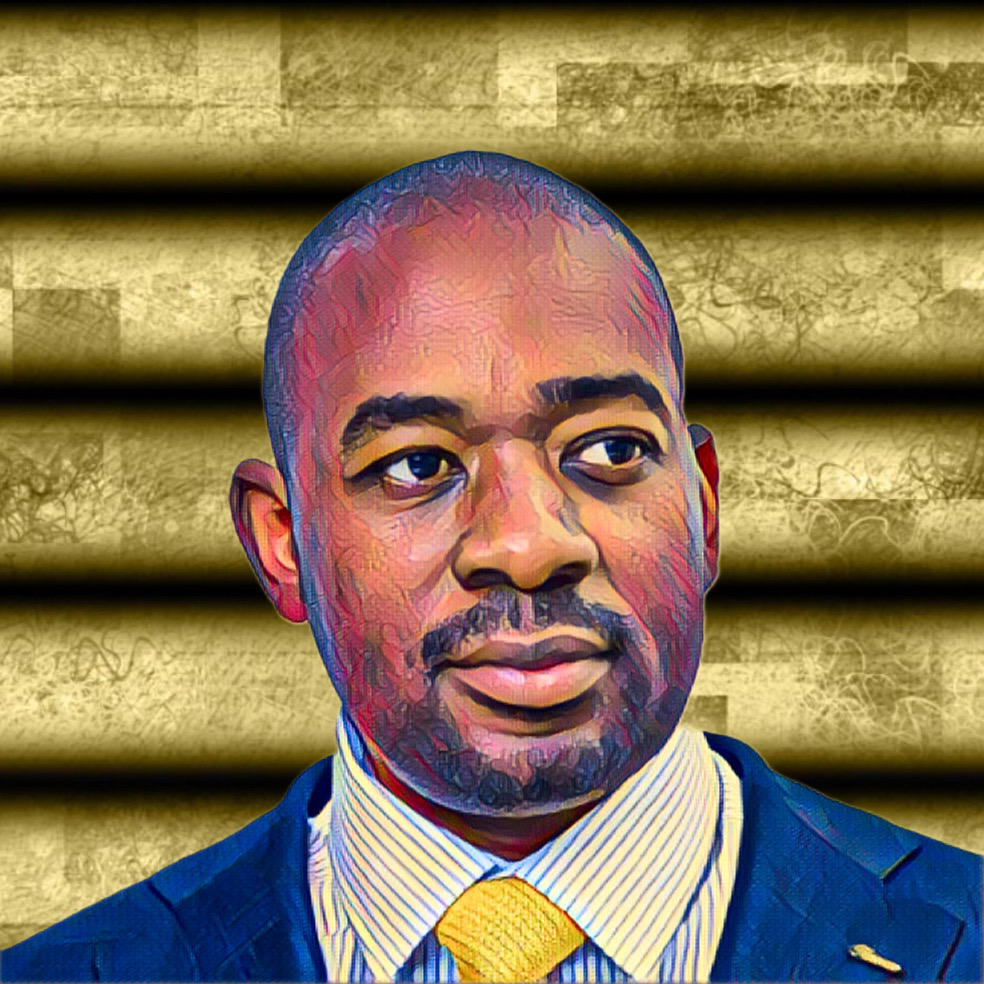Zimbabwean opposition leader Nelson Chamisa has sharply criticized the Southern African Development Community (SADC) after President Emmerson Mnangagwa was appointed as the regional bloc’s chairman. Chamisa questioned the integrity of SADC, implying that the organization may have compromised its values by endorsing Mnangagwa, whose leadership he has long contested.
Mnangagwa officially assumed the role of SADC chairman from Angolan President João Manuel Gonçalves Lourenço during a ceremony held at the New Parliament Building in Mt Hampden, just outside Harare. This move has sparked criticism from Chamisa, the former leader of the Citizens’ Coalition for Change (CCC), who took to social media to express his concerns about SADC’s principles.
Chamisa Challenges SADC’s Commitment to Ethics
In a pointed rhetorical question posted on his social media platform, Chamisa asked whether SADC is a “community of values or a union of vices.” He criticized the regional bloc for allegedly failing to uphold its own guidelines and ethical standards. Chamisa suggested that a SADC without strong principles is “irrelevant and outmoded, dead and defunct,” and cannot be trusted as a custodian of fairness, peace, and justice in Africa.
Chamisa’s critique of SADC is rooted in his longstanding opposition to Mnangagwa’s presidency. He has consistently argued that the 2023 presidential election, which saw Mnangagwa retain power, was marred by irregularities and was manipulated by the Zimbabwe Electoral Commission (ZEC) to favor the incumbent. Chamisa had hoped that SADC would intervene and address the disputed election results, but his expectations have so far been unmet.
Chamisa’s social media post went further to call for a transformation of SADC into a true “community of values” that serves the interests of the oppressed rather than protecting oppressive regimes. He urged the citizens of Southern Africa to take an active role in shaping the future of the region, promoting the idea of a “New Africa” driven by ethical leadership and accountability.
Diplomatic Tensions and Regional Dynamics
Chamisa’s remarks come amid rising diplomatic tensions between Zimbabwe and Zambia. Notably, Zambian President Hakainde Hichilema, who is a known ally of Chamisa, chose to participate in the SADC Summit virtually, rather than attending in person. This decision is seen by some as a response to a diplomatic row initiated by Mnangagwa, who earlier accused Zambia of collaborating with “neo-imperialists” during a visit to Russian President Vladimir Putin.
Hichilema’s absence from the summit has been criticized by Fred M’membe, the president of Zambia’s Socialist Party, who described the move as diplomatically reckless. Furthermore, M’membe accused Hichilema of undermining Zambia’s position within the region and warned that the decision could have negative repercussions for Zambia’s future relations with its neighbors.
M’membe’s critique of Hichilema was scathing, accusing him of being a puppet of foreign interests and lacking the diplomatic wisdom to navigate regional tensions effectively. Moreover, he compared the current diplomatic standoff with previous disputes between Zambia and Zimbabwe, which were handled with much more tact and maturity by past leaders. M’membe’s comments highlight the complex and often fraught nature of regional politics in Southern Africa, where personal and national interests frequently collide.
The Future of SADC Under Scrutiny
As Mnangagwa takes the helm of SADC, Chamisa’s criticisms underscore the challenges facing the regional bloc in maintaining its credibility and relevance. With accusations of compromised values and questionable leadership decisions, SADC’s role in promoting stability and development in Southern Africa is under increasing scrutiny.
Chamisa’s call for a reformation of SADC into a true community of values resonates with broader demands for accountability and ethical governance across the continent. Whether SADC can rise to meet these expectations remains to be seen, but the coming months will likely test the organization’s ability to navigate the complex political landscape of the region.
Source: New Zimbabwe


